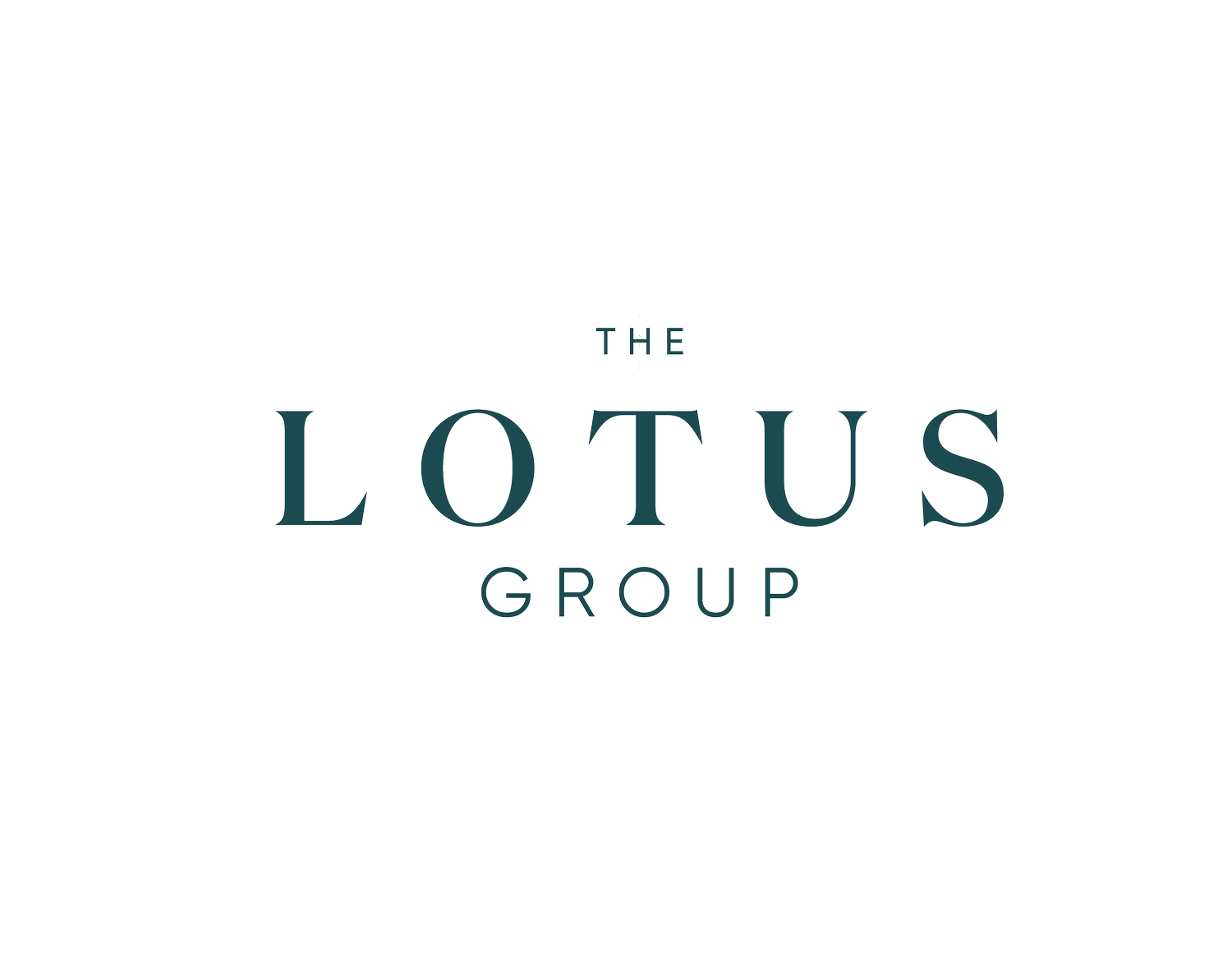What is 'FOOP'in the World of Real Estate?
With Toronto's real estate prices seemingly jumping every day, it can be tough for buyers to settle on an appropriate offer price that accurately reflects both the market value of the home and a fair price to pay.
After all, the last thing buyers want is to overpay for a home, which can be common in a sizzling housing market when bidding wars are rampant and buyers are making every attempt to outbid each other.
But in the midst of such a hot market comes the real possibility of paying more for a property than what the home is worth. Doing so can sabotage any equity buyers get when they first buy a home.
This has all led to a phenomenon dubbed 'FOOP'.
What Does 'FOOP' Stand For?
'FOOP' is an acronym for 'Fear Of Overpaying'. Similar to 'FOMO' ('Fear Of Missing Out'), FOOP is increasingly becoming a popular acronym in the world of real estate.
While the Toronto housing market has seen home prices skyrocket over recent years, there are signs that the market is cooling, and prices are starting to dip. When looking at today's numbers, buyers may fear that they may have paid too much for their homes in recent weeks.
Feelings of FOOP can be very powerful, especially when considering the exorbitant prices buyers pay for real estate, often in the $1 million+ range. It's entirely possible for buyers to agree to pay a certain price for a home, only for the property to be assessed a little lower by the time the closing date arrives.
The market can move extremely quickly, and sometimes buyers may wind up feeling as though they paid too much when all is said and done.
Rising Interest Rates Causing a Slowdown in the Market
The combination of FOOP and rising interest rates may be causing buyers to hesitate a little before jumping into the housing market with both feet.
Toronto home prices and sales have been on the decline for a few months as increasing borrowing costs quickly cooled demand for homes in the city. This dip in the market directly coincides with the Bank of Canada's increase in borrowing costs. In an effort to get inflation under control, the benchmark rate has increased from 0.25% to 3.25% since March.
The benchmark rate influences mortgage rates, which makes financing a home purchase more expensive. But people still want to buy homes, though they may be waiting a little longer and taking more time to get into the market to make sure they're not paying more than needed.
Working With a Seasoned Agent Will Ensure Buyers Don't Overpay
No matter what the temperature of the housing market in Toronto may be, no buyer should ever have to pay more for a home than necessary. With the help of an experienced team of real estate agents, buyers will get the guidance and support needed to enter into a negotiation process armed appropriately.

